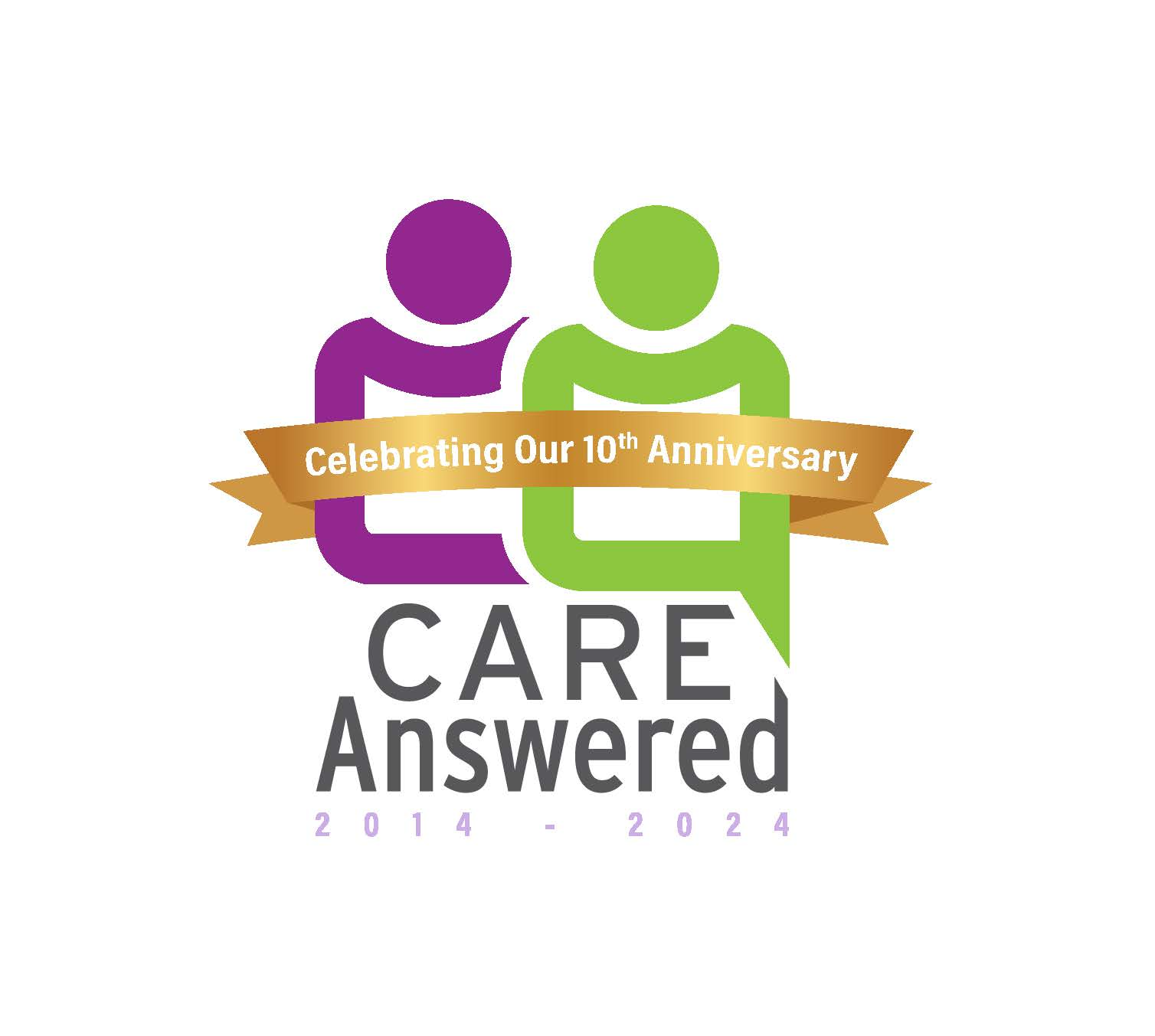The average senior takes five prescription medications per day and fills between 9 – 13 prescriptions each year. That is a startling number of pill bottles lining the typical seniors’ counter, each one representing an opportunity for a mistake to be made.
Older adults may struggle to remember to take the proper medicine at the correct time; they may have been prescribed medications that could potentially cause dangerous interactions when taken together; or they may be unable to fill all of their prescriptions because of the high cost of drugs or lack of access to a pharmacy. Any of these issues could have an impact on medication adherence.
Medication adherence is the terminology health professionals use to describe the act of taking medications correctly. Medication adherence is influenced by a patient’s ability to get his or her prescriptions filled, remembering to take the medication on time, and understanding the doctor’s instructions.
Lack of adherence may account for up to 50 percent of treatment failures, an estimated 125,000 deaths, and up to 25% of hospitalizations each year in the United States. It is estimated that chronically ill patients’ medication adherence is only about 50 percent, which leaves hundreds of thousands of adults at risk.
Medication reconciliation is an important function that can help prevent medication errors such as duplication, dosing errors or drug interactions. Medication reconciliation should be done at every encounter with a health care provider, whether in the doctor’s office, a hospital or other inpatient setting. It involves comparing a patient’s medication orders to all of the medications that the patient has been taking.
As caregivers and patients we play an important role in safeguarding our own safety when it comes to medication use. Here are a few steps you can take to help avoid a dangerous medication error:
- Only use one pharmacy for all your medications and ask the pharmacist any questions you may have regarding how and when to take your medication.
- If possible, use an independent pharmacist. They tend to be smaller and may offer more personalized services such as coming to the home to fill pill boxes or providing blister packs for easier medication management and adherence.
- Ask if it is possible to receive a larger supply of medication so that you can make pharmacy visits less often.
- Have your own medication list and update it as things change. It should include the date, prescription name, dosage, what the medication is treating, when you take it and who prescribed it.
- Ask a caregiver or friend to act as your medication manager to make sure your medication list is available and updated and to act as your liaison with the pharmacist.
- If you are discharged from a hospital always ask for a list of medications and review the list before leaving the hospital. Ask which prescriptions you should continue to take, which you should discontinue, and compare that list to the list of medicines you were taking before hospitalization. Ask if should go back to taking anything you were taking prior to hospitalization or if you should discontinue any of your previous medications. Take the new list to your pharmacist. Again, ask questions.
Cost of Medications
It’s Medicare enrollment time which means it is time to review the Medicare Prescription Drug Plans (Medicare Part D) to make sure you choose the right plan for you. Medicare Part D rules are changing in 2020. Under the new rules, medications may be covered only when prescribed for certain conditions, or there may be higher co-pays depending upon the condition for which the drug is prescribed. That’s why this year more than ever, it is important to do your homework and don’t get stuck with a plan that does not cover your medication when it is prescribed for your specific condition.
Here is what you can do to pick the right plan for you
- Go to mymedicare.gov and create an account to find out what coverage will be best for you.
- Contact the Health Insurance Information and Assistance Program HIICAP for free assistance finding Medicare Plans, or Medicare Rights National Consumer Helpline (800-333-4114) with any questions
- Contact Care Answered and we can help you find a Medicare specialist/broker at no cost to you.
- If you find that a plan covers many but not all your meds you may ask for a 90-day supply as a “transition dose” so you can delay the new increased drug price
If you can’t afford your medications, visit the website of the drug manufacturer. Many of them offer patient assistance programs. You can also look for financial assistance on the following websites:
needymeds.com
rxassist.org

